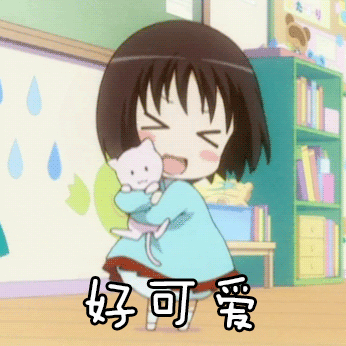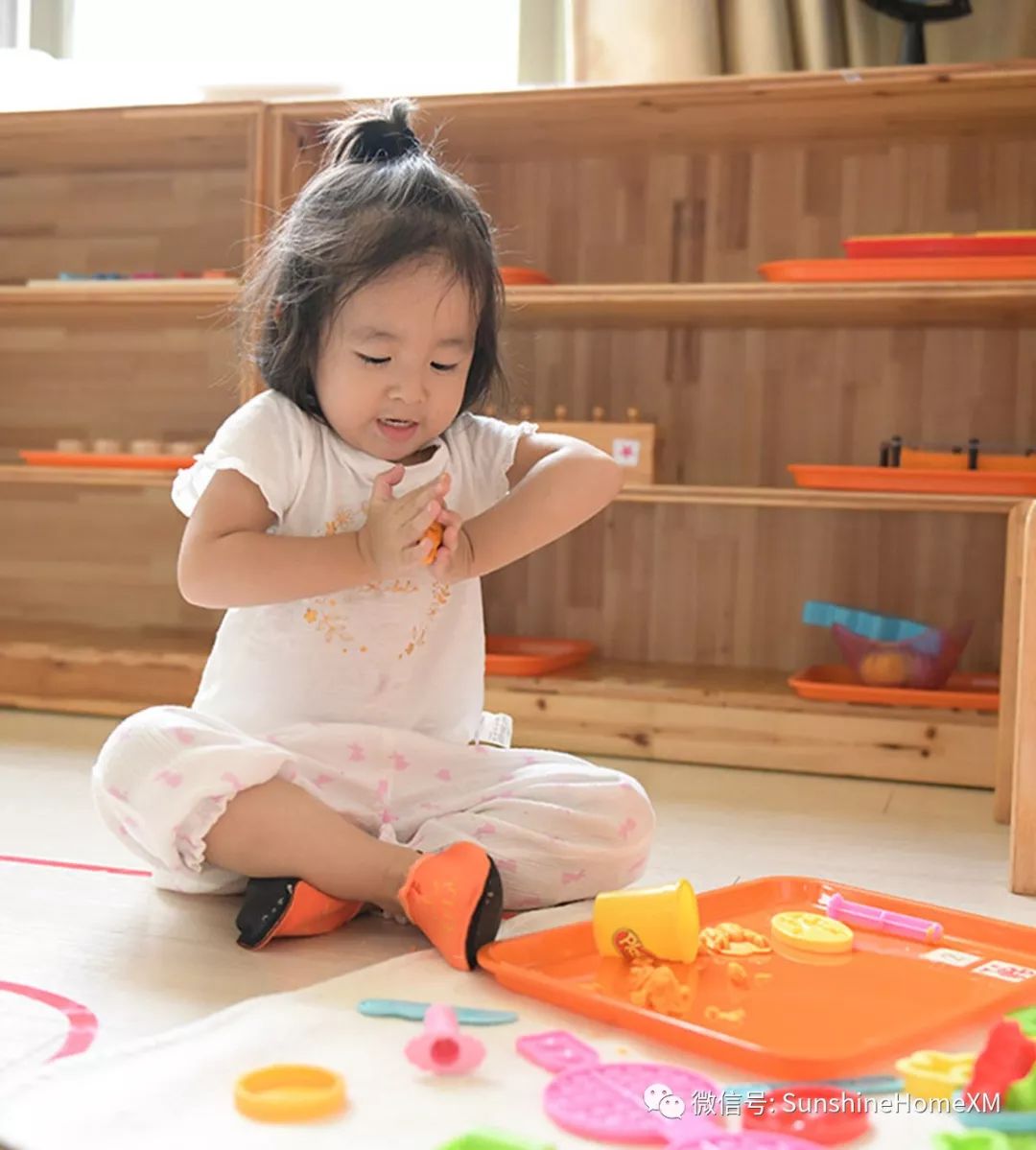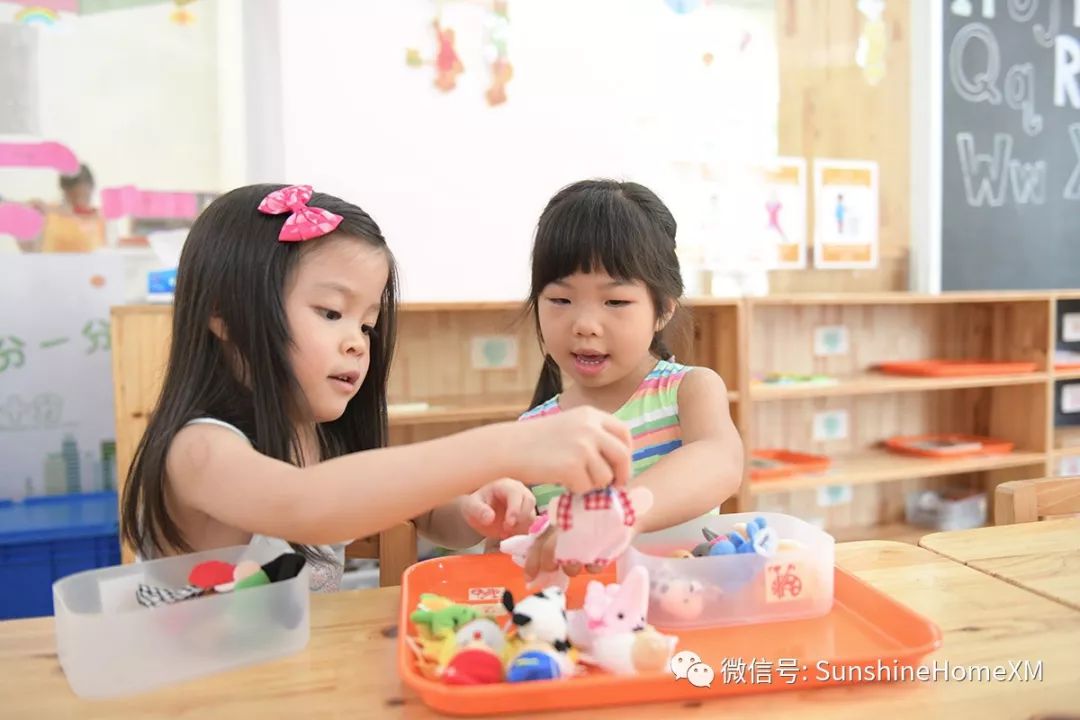They are uncontrolled bursts of anger, frustrations and disorganized behavior in young children. Tantrums come in all shapes and sizes.
When your child loses his tantrum, you might see crying, screaming, stiffening limbs, an arched back, kicking, falling down or running away.

阳光灿烂幼儿园

Tantrums are very common in children aged 1-3 years. This is because children’s social skills are only starting to develop at this age.
Children often don’t have the words to express big emotions. They’re discovering that they can change the way the world works.
So tantrums are one of the ways that young children express and manage feelings and try to understand or change what’s going on around them.

In young children, there are things that can make tantrums more likely to happen:
▪ Temperament: This influences how quickly and strongly children react to things like frustrating events. Children who get upset easily might be more likely to have tantrums.
▪ Stress, hunger, tiredness, and overstimulation: These can make it harder for children to express and manage feelings and behavior.
▪ Situations that children just can’t cope with, for example, a toddler might have trouble coping if an older kid takes a toy away.
▪ Strong emotions like worry, fear, shame, and anger can be overwhelming for children.

How to help your child reduce tantrums:
There are things you can do to make tantrums less likely to happen:
▪ Reduce stress: Tired, hungry and overstimulated children are more likely to experiences tantrums.
▪ Tune in to your child’s feelings: If you’re aware of your child’s feelings, you might be able to sense when big feelings are on the way.
You can talk about what’s going on and help your child manage difficult feelings.


▪ Identify tantrums triggers: Your child might have tantrums when you’re shopping.
You might be able to plan ahead or change the environment to avoid tantrums. For example, you might take your child out to the playground after your child has taken a nap and a snack.
▪ Talk about emotions with your child: When your child struggles with a difficult feeling, encourage him to name and reason for its cause. For example, ‘Did you throw your toy because you were angry it wasn’t working?’
What should we do if the child is losing his temper? Please refer to Ways of Dealing with Tantrums II. This article will follow soon.

International Sunshine Home is Xiamen’s premier bilingual Arts and Sciences pre-school. Our qualified teachers and small class sizes help your child grow up in a safe and happy environment.
We welcome you to visit us in person to find out more. Simply reply to our WeChat and send us your name and your child’s name along with your phone number.











 International Sunshine Home Arts & Sciences
International Sunshine Home Arts & Sciences